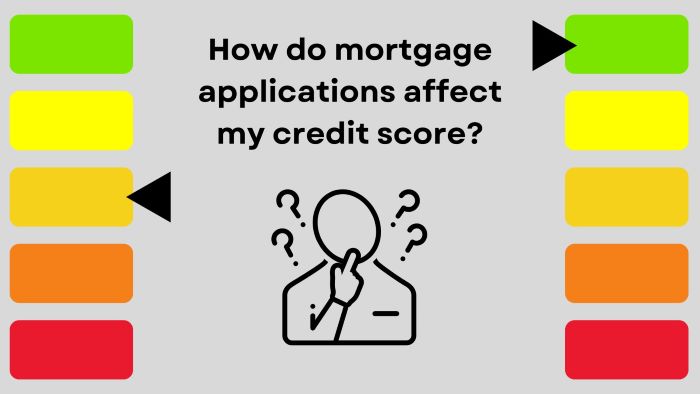
The mortgage application process can be stressful. One cause of stress is uncertainty about how multiple mortgage
applications will affect your credit score. Luckily, the differences between prequalification and preapproval mean
your mortgage shopping may not have the effects you expect.
Prequalification & preapproval
Mortgage prequalification and preapproval affect your credit in different ways. Prequalification involves a simple
review of your finances with self-reported or soft credit inquiry.
Preapproval involves a more detailed evaluation of your financial profile. This requires official documentation,
including income statements and information about assets. It also includes a “hard inquiry” credit check.
Why do hard inquiries lower your credit score?
Creditors want to know you’re a safe investment. To determine this, they check out how frequently you pay your bills
on time and how much you owe to other creditors.
When you make multiple hard inquiries in a short period of time, it can be a red flag to lenders that you might be in
some sort of financial trouble. Your score will drop a few points each time you get a hard inquiry, but only for a
period of one or two months.
Mortgage applications are different
Sometimes a borrower may apply with multiple lenders to compare rates. Luckily, credit bureaus pay attention to the
source of the inquiries and don’t count multiple mortgage applications against your credit. This means your score
won’t reflect multiple hard inquiries in a short period of time, as long as you’re clearly shopping for a home
loan.
Knowing the details of how mortgage applications affect your credit score will help you make more confident decisions
in your home search. Keep these credit basics in mind and inquire with your lender if you have more questions.


 Facebook
Facebook
 X
X
 Pinterest
Pinterest
 Copy Link
Copy Link
